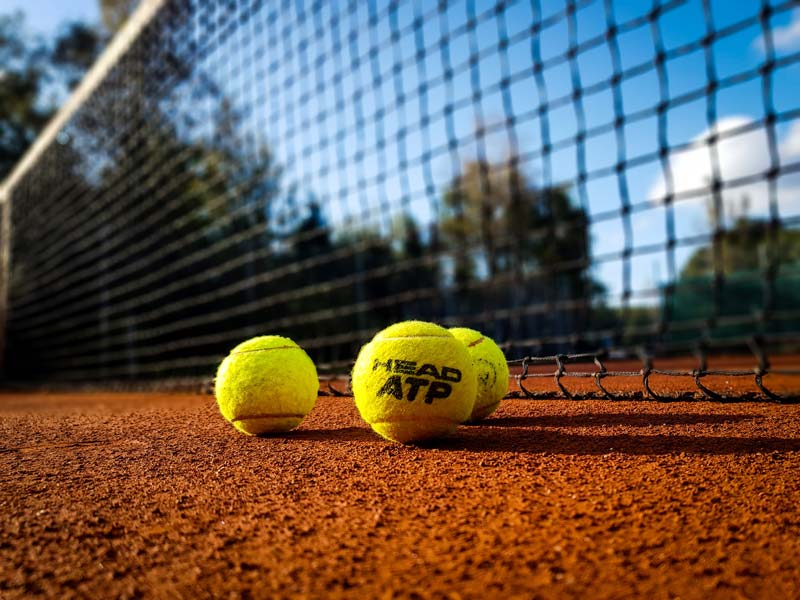As kids explore different sports, parents buy bats, gloves, helmets and jerseys. But new sports should mean new shoes, too.
Buying a generic athletic shoe no longer makes the grade. Sport-specific shoes, which are designed for the exact sport in which a child will participate, boost performance and protect against foot and ankle injuries.
The American Podiatric Medical Association (APMA), the country’s leading foot health resource representing 80 percent of podiatric physicians nationally, recently surveyed parents. According to the survey, 48 percent of children under the age of 17 have experienced a sports-related foot disorder.
“With so many children falling victim to foot injuries caused by playing sports, parents should be reminded that the proper sports footwear can mean the difference between fun and serious injury,” says Dr. Ross Taubman, president of the APMA.
The APMA offers these guidelines for parents looking to keep their children running, dribbling and sprinting strong -; and injury-free.
– Dribbles and Dunks. Many kids play basketball as their organized sport of choice. But with so many feet running around a court, kids’ basketball shoes should have a thick, stiff sole to support running and jumping. Basketball players also make sharp direction changes, so shoes must feature high ankle constructions. The best basketball shoes offer strong support on either side of a child’s ankle.
– Making a Racket. Court shoes designed for tennis and racquetball might look like other sneakers, but they feature invisible support.
Children’s court shoes support both sides of the foot, since children must make quick movements and weight shifts as they chase after tennis balls. Flexible soles help children change direction quickly.
– Sprinting Toward the Finish. Every runner, no matter their age, requires a shoe fitted to their style and speed. Good running shoes provide maximum shock protection to avoid leg and knee injuries. They make sure that feet hit the ground correctly.
Parents should look for the APMA Seal of Approval on footwear, which guarantees that shoes meet guidelines for stability and safety. They also shouldn’t forget to buy synthetic blended socks, without large seams, that wick away moisture and help prevent odor.
For more information, visit www.apma.org/pediatrics.


